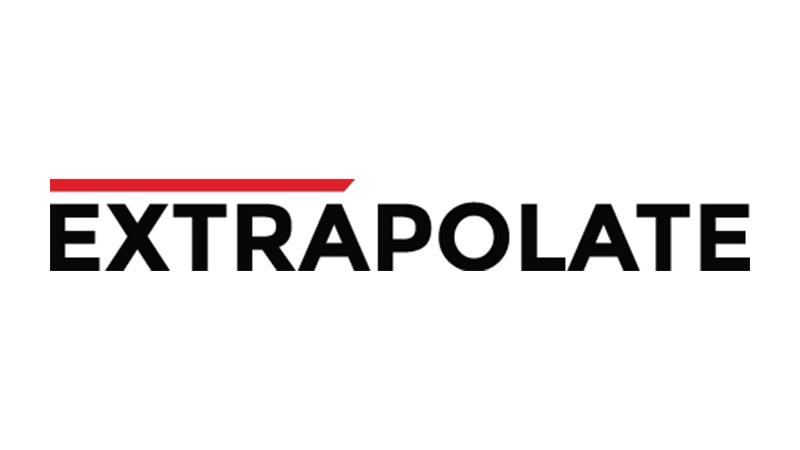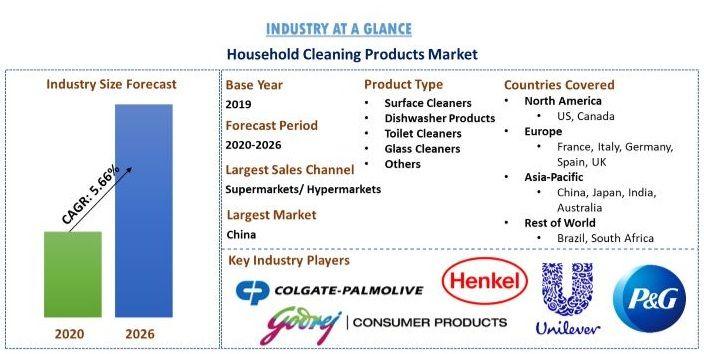Sponsorluk
Are Bifacial Solar Panels Worth It? Pros, Cons & Installation Tips
Introduction
As India accelerates its shift toward clean energy, solar power has become a top choice for homes and businesses alike. But with technology advancing rapidly, traditional solar panels are no longer the only option. Enter bifacial solar panels—a new generation of solar modules ***gned to capture sunlight from both sides, significantly boosting efficiency and energy output.
These innovative panels are gaining attention across *** rooftops due to their dual-surface generation and long-term savings. In this guide, we’ll explore "Are Bifacial Solar Panels Worth It? Pros, Cons & Installation Tips" to help you make an informed decision for your rooftop or commercial space.
1. The Big Question in One Click
Before we dissect numbers, here’s the full comparison wrapped into a single resource: Are Bifacial Solar Panels Worth It? Pros, Cons & Installation Tips. Bookmark it for later—everything we cover here appears there in quick-reference form.
2. Snapshot: Pros & Cons
| ✅ Pros | ❌ Cons |
|---|---|
| 10–30 % higher annual energy yield on reflective roofs | 10–15 % higher upfront module cost |
| Lower ₹/kWh over 25–30 years | Needs raised racks & good rear airflow |
| Dual-glass build resists moisture, micro-cracks | Gains fall if roof is shaded or dark-coloured |
| Works with all current inverters & subsidies | Slightly heavier (≈1 kg/m² more) |
Most drawbacks trace back to installation—not the tech itself.
3. How Much More Energy Can You Expect?
Field tests on *** rooftops report bifacial gains of 8 – 23 %, peaking on white-painted terraces and metal sheds with high reflectivity. Global research adds that fitting bright ground reflectors can push output another 4–5 %. In practice, a well-installed 5 kW home array in Delhi that used to make 7,200 kWh a year with monofacial modules can top 8,500 kWh with bifacial—enough to run two extra ACs all summer.
4. Price Check: May 2025
| Item | Monofacial | Bifacial |
|---|---|---|
| Module price (₹/W) | 29 – 45 | 37 – 52 |
| Complete home system (3 kW) | ₹1.5 – 1.8 la*** | ₹1.7 – 2.1 la*** |
| C&I system (100 kW) | ₹48 – 58 la*** | ₹52 – 65 la*** |
Yes, bifacial hardware costs more—but the gap has shrunk to barely ₹4–6 per watt for many brands, and installation costs are essentially identical.
5. Subsidy Math That Tilts the Scales
The PM Surya Ghar Muft Bijli Yojana pays up to ₹78,000 on systems ≤3 kW, regardless of panel type. States like Delhi pile on ₹30,000 extra, bringing the effective grant to ₹1.08 la***—enough to erase most of the bifacial price premium for small roofs.
6. Real-World Payback Scenarios
Homeowner in Pune (3 kW)
| Monofacial | Bifacial | |
|---|---|---|
| Net cost after subsidy | ₹88,000 | ₹1,02,000 |
| Year-1 energy (kWh) | 4,200 | 4,800 |
| Savings @ ₹9/kWh | ₹37,800 | ₹43,200 |
| Payback | 2.3 yrs | 2.0 yrs |
Textile Shed in Surat (100 kW)
| Monofacial | Bifacial | |
|---|---|---|
| CAPEX difference | — | +₹7 la*** |
| Annual generation | 150 MWh | 182 MWh |
| Savings @ ₹9.2/kWh | ₹13.8 la*** | ₹16.7 la*** |
| Payback | 3.9 yrs | 3.1 yrs |
Even conservative models show bifacial winning by 6–10 months in simple payback.
7. Five Installation Tips That Make or Break Performance
-
Brighten the roof. A coat of white elastomeric paint boosts albedo from 0.2 to 0.6 and can add 5 % yield.
-
Raise the racks. Keep at least 30 cm clearance; 60 cm is better for airflow and rear exposure.
-
Steepen the tilt. Latitude + 5–10° favours winter sun and the rear side.
-
Keep the back clear. Water tanks, parapet walls, and chimneys can slash bifacial gain.
-
Use MPPT-rich inverters. Modern string or micro-inverters handle front/back voltage swings smoothly.
Follow these and you’ll capture nearly all the advertised extra watts.
8. Common Pitfalls to Avoid
-
Dark concrete or solar-grade paint? Darker floors absorb light—bad for bifacial.
-
Cramped parapet walls. Shade on the rear side undermines gains more than people realise.
-
Undersized cables. Higher output means higher currents; size conductors properly.
-
Skipping a structural check. Glass-glass panels weigh ~12-14 kg/m². Most RCC roofs handle that fine, but old tiled roofs may need reinforcement.
9. Market Outlook: Why Waiting May Cost You
***ysts peg the global bifacial market at USD ***5 billion in 2024, racing toward USD 76 billion by 2034 at ~15 % CAGR. As volume rises, price gaps shrink. *** manufacturers are scaling TOPCon and HJT lines, targeting sub-₹35/W ex-factory by late 2026. Unless steel or glass prices fall dramatically, you won’t save much by delaying—but you will miss two years of higher generation.
10. Who Should—and Shouldn’t—Go Bifacial in 2025
Great fit
-
White-painted terraces, metal sheds, carports
-
Users paying >₹8/kWh daytime tariff
-
Systems ≥3 kW that qualify for full subsidy
-
New builds where extra roof height is easy to accommodate
Maybe skip
-
Small, shaded roofs under tall neighbouring buildings
-
Heritage structures with strict load limits
-
Ultra-tight budgets that need the absolute lowest CAPEX
For everyone else, bifacial is fast becoming the sensible default.
Conclusion
So, are bifacial solar panels worth it in 2025? For most *** homeowners and nearly every commercial roof with decent reflectivity, the answer is an emphatic yes. A slightly higher upfront cost is quickly erased by government subsidies and the 10–30 % energy bonus that bifacial modules deliver year after year. Pair smart installation with bright roof paint, and you’ll squeeze the maximum out of every square metre—locking in decades of cheaper, cleaner power.







